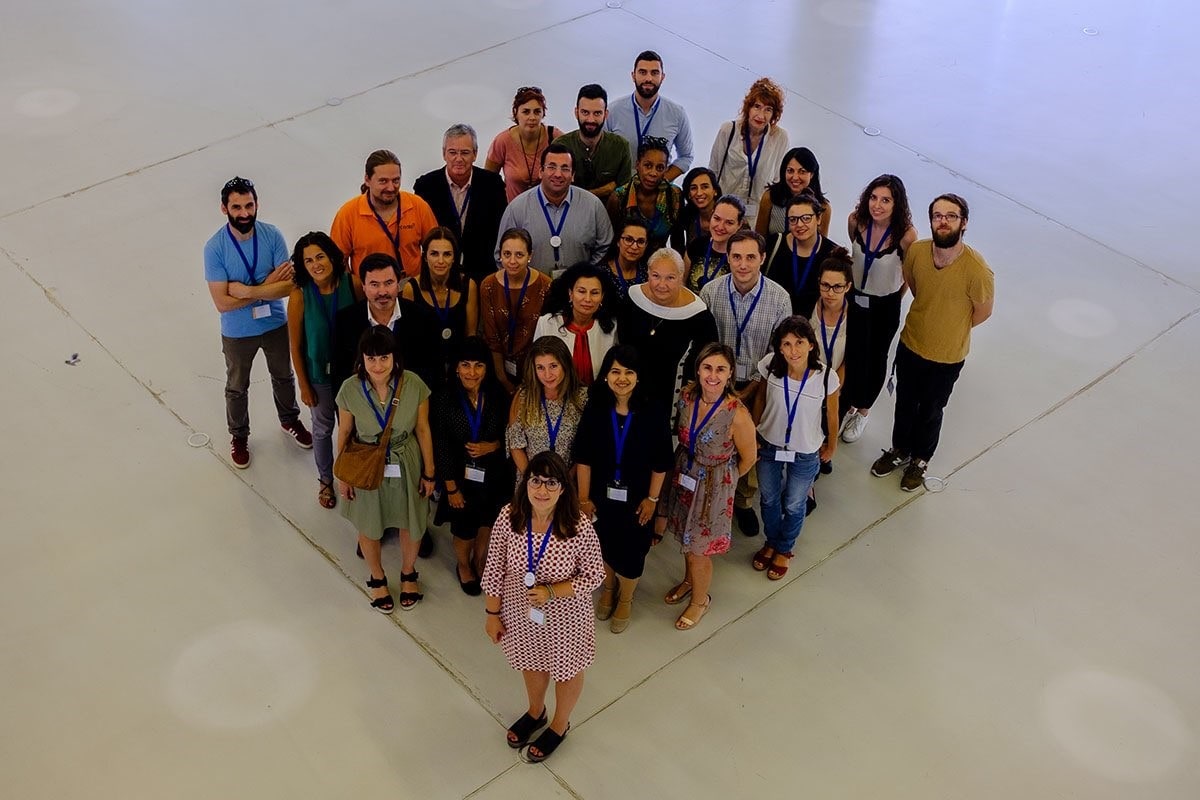
Newsletter 1 – September 2018
We are excited to share the project progress with you after the first six months of intensive preparations, presentations and events. […]

We are excited to share the project progress with you after the first six months of intensive preparations, presentations and events. […]

The D-NOSES partner consortium met in person for the second time during the project in Zaragoza – home to the D-NOSES Project Coordinator and host of this meeting, Ibercivis Foundation – between 17-19th September. […]
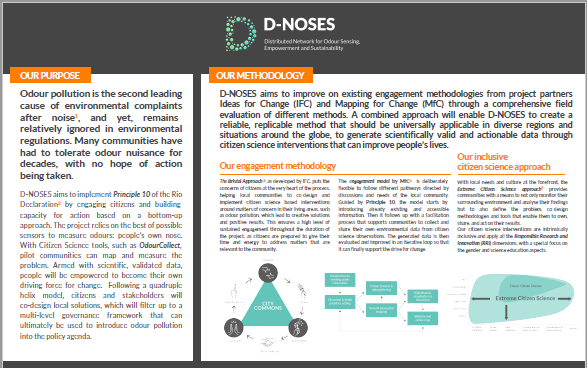
As digital technologies reach more people and make advanced tools more accessible, Citizen Science has increasingly been used to address practical problems affecting communities, with a particular focus on environmental issues. D-NOSES believes that citizen science, given the appropriate methods, can and should be taken seriously at a scientific as well as policy level. […]
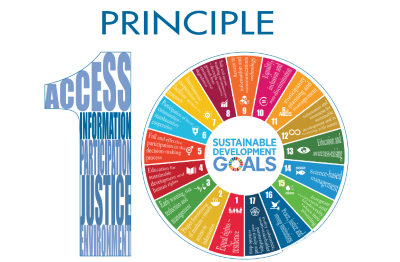
Principle 10 of the Rio Declaration provides access to relevant environmental data. But what if the data does not exist? Citizens must be given the ability to create valid scientific data that can support their interests in environmental issues, and is taken seriously at a policy level. […]

Growing recognition persistent odours as a serious problem is another sign that the time has come to introduce common sense odour controls that work to protect exposed populations. D-NOSES will play a part by collecting data and evidence of the problems, as well as suggesting creative pathways to fair and balanced solutions using a multi-level, and stakeholder inclusive odour governance model. […]

The D-NOSES team from Ibercivis attended the launch of the new Citizen Science office in Zaragoza on Wednesday 27th of September, 2018. […]
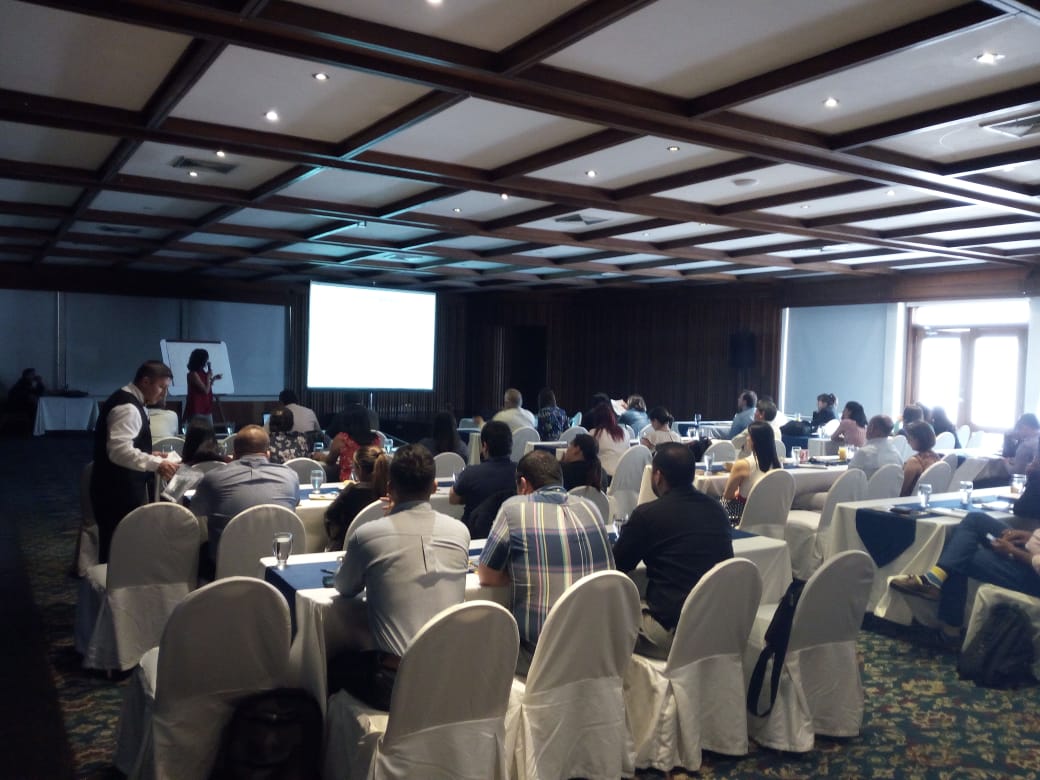
Cyntia Izquierdo from the International Environmental Association of Odour Managers (AMIGO), D-NOSES consortium partner, led a 1-day course on the basic odour theory and odour mapping, including the D-NOSES project activities, for the Colombian National Association of Odour Managers at the XIX National Poultry Congress organised by the National Federation of Aviculturists of Colombia (Fenavi) […]
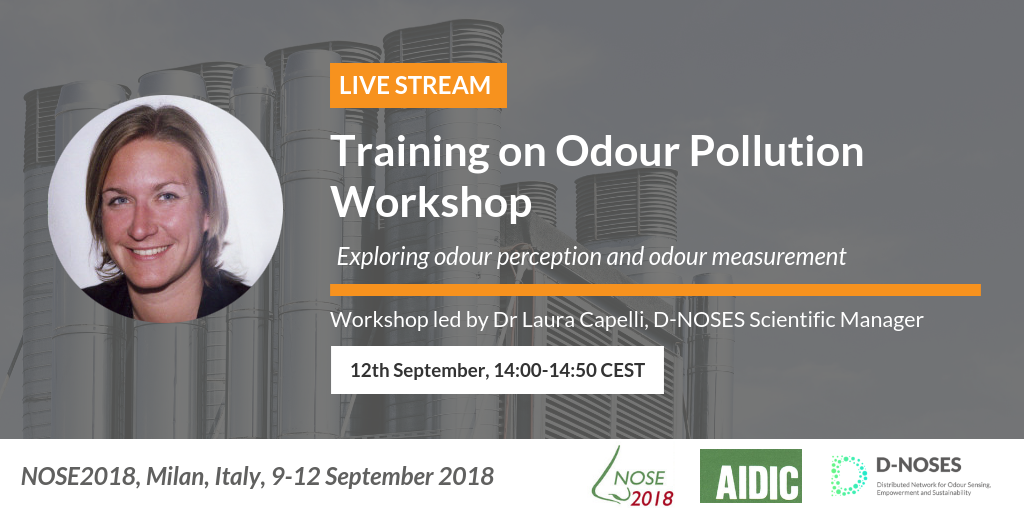
The Scientific Manager of the DNOSE project, Laura Capelli, with the collaboration of the organization of the NOSE conference has organized a D-NOSES workshop in the framework of the NOSE Conference that will take place next week in Milan, Italy. […]